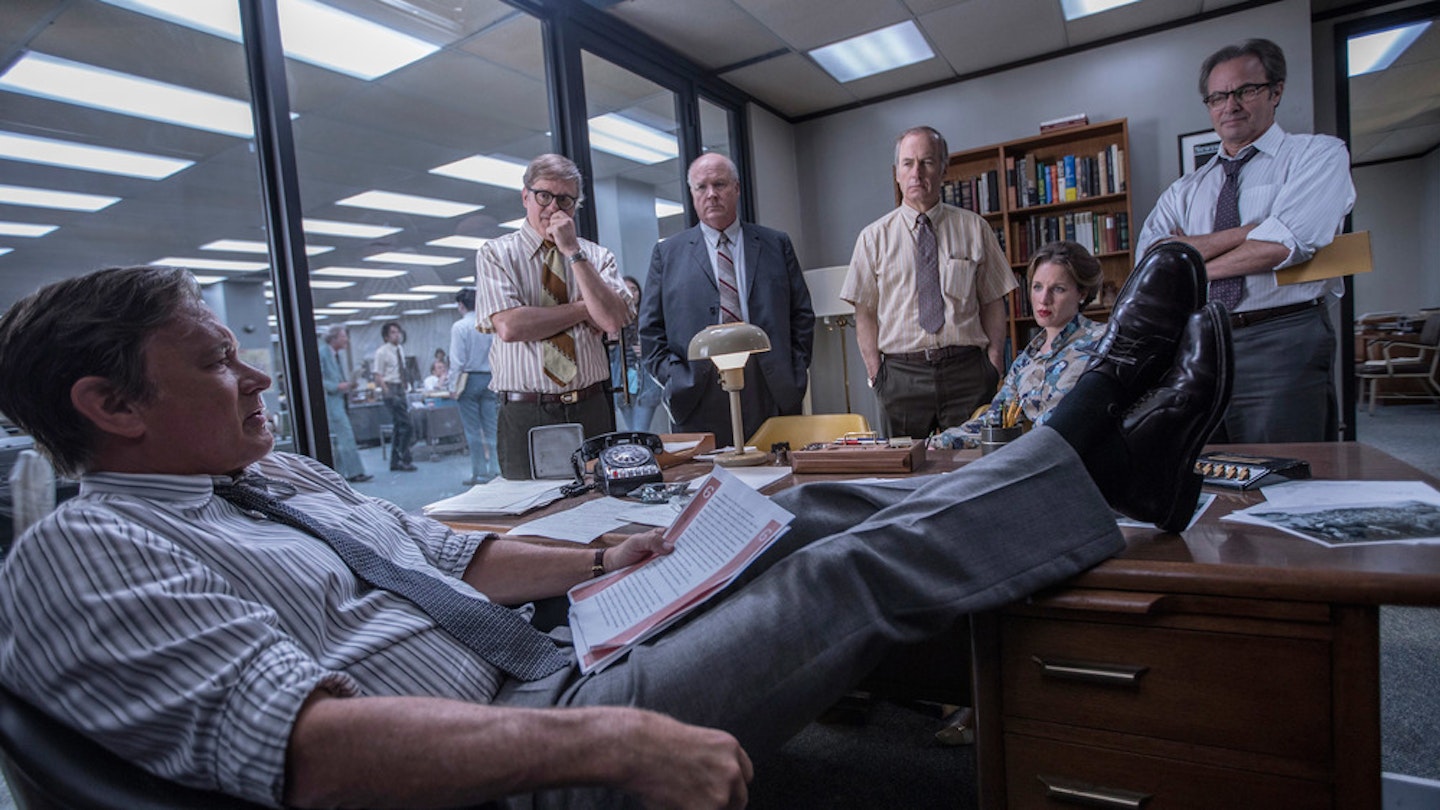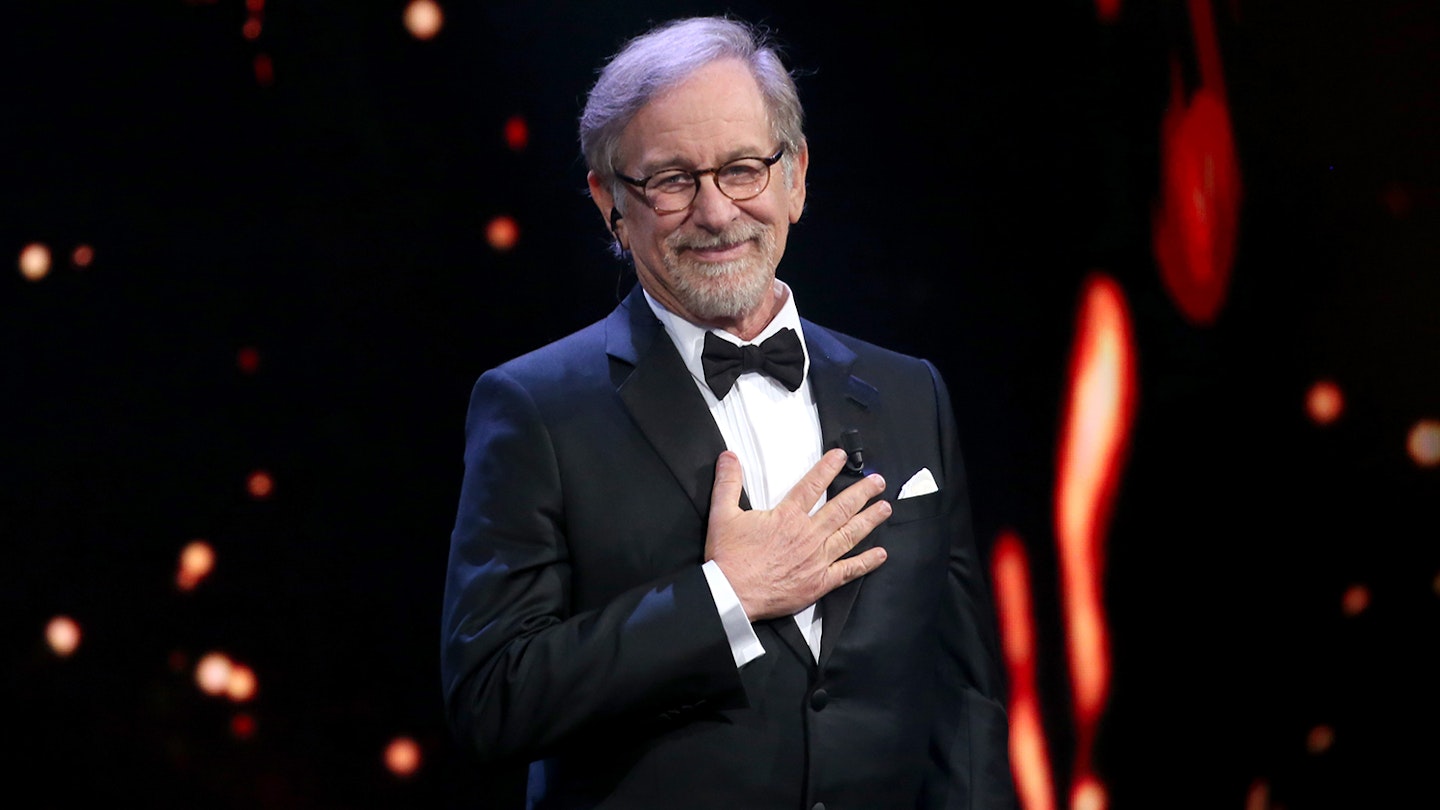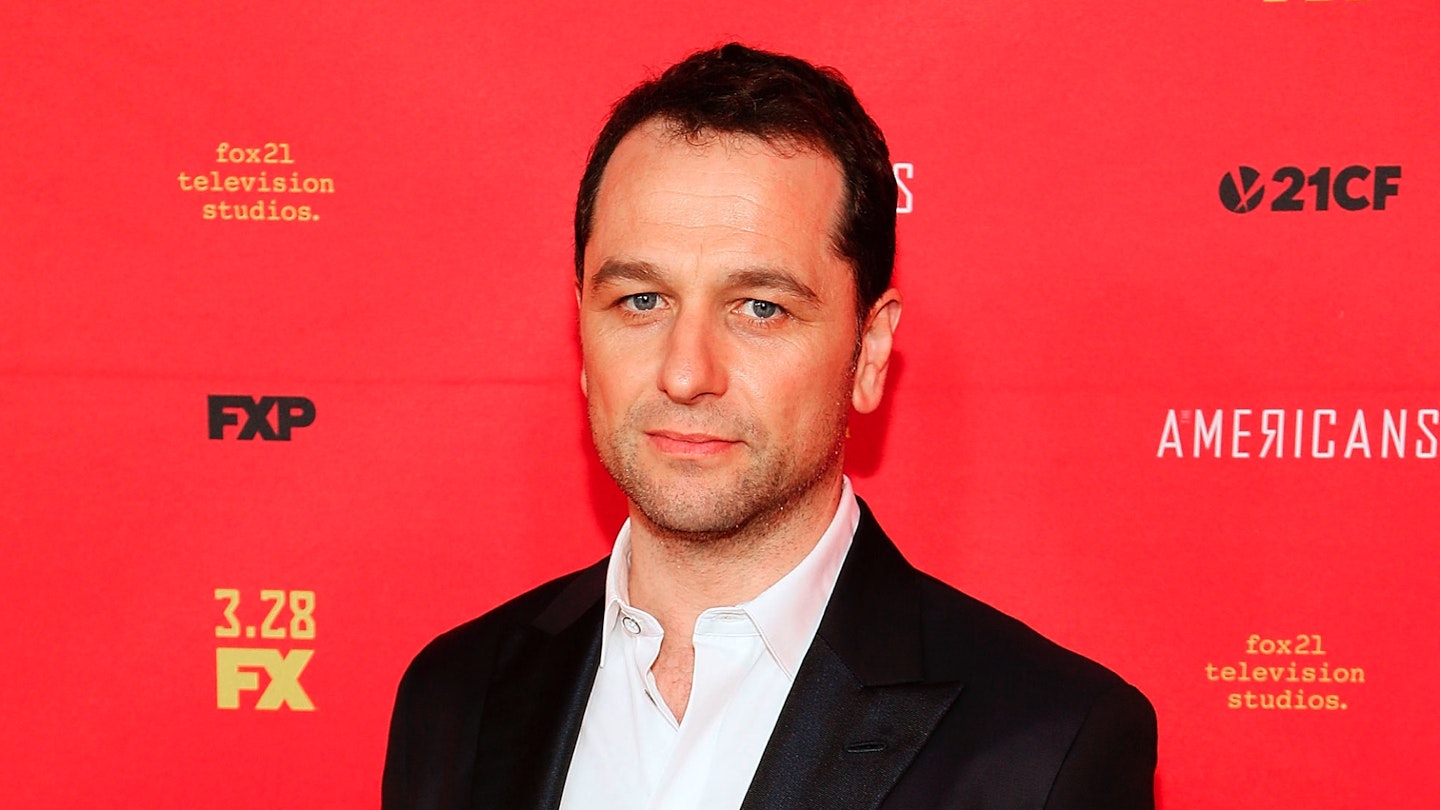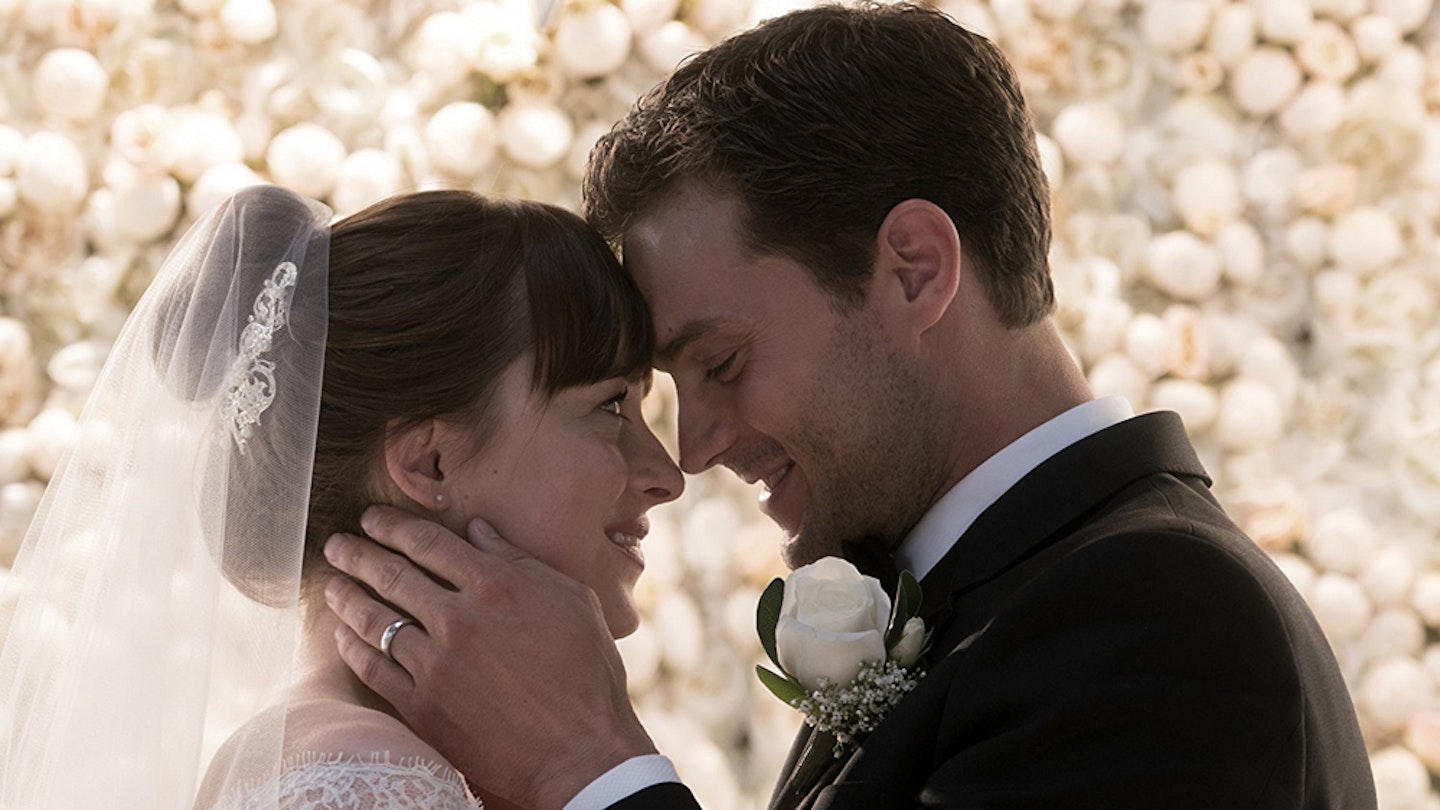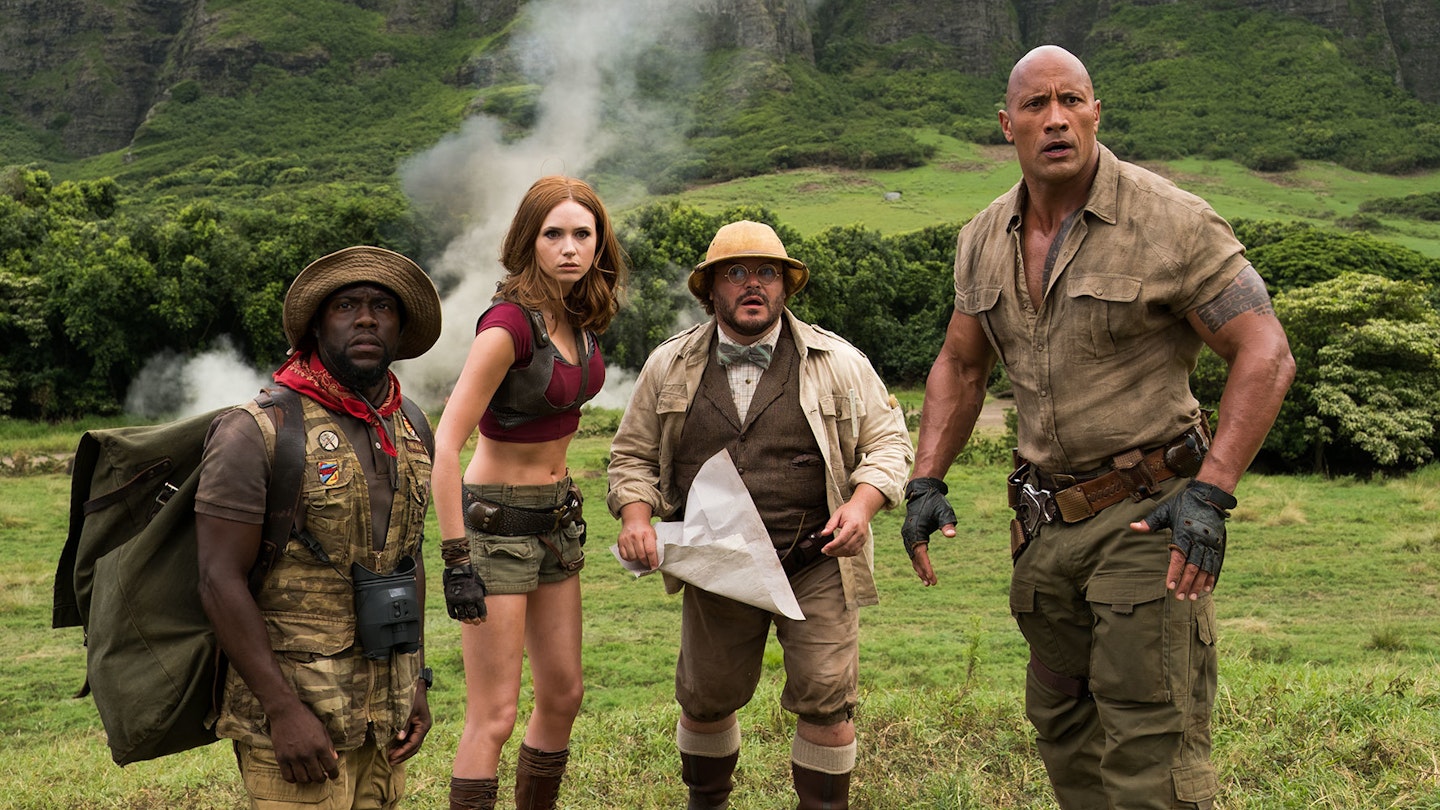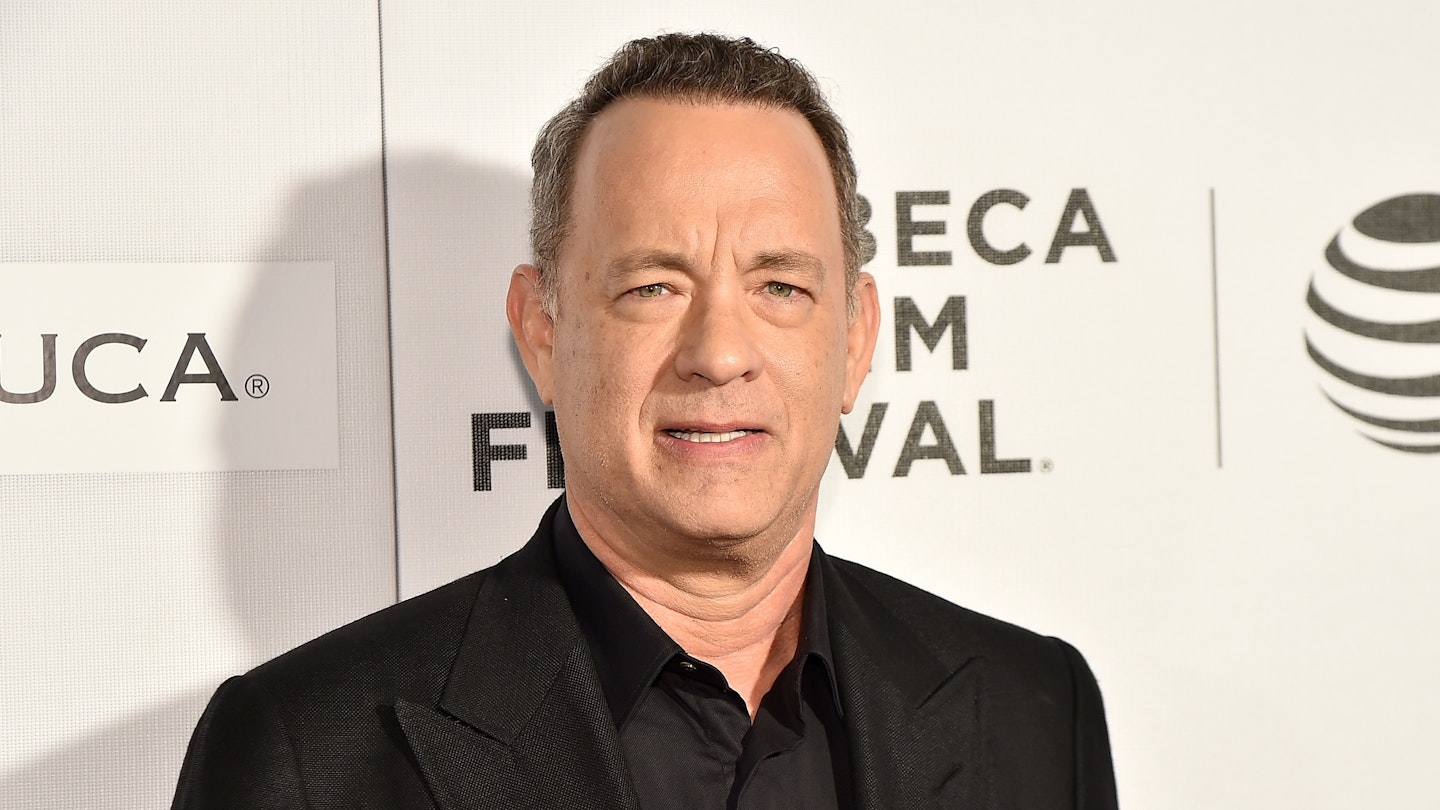The Washington Post and the US government have previous. Famously. It is, after all, the paper that brought down a presidency — its months-long investigation into a break-in at the Watergate Hotel forcing Nixon into a no-win ‘resign or be impeached’ quandary. (He resigned.) But that’s not the only run-in it’s had — before Watergate, there were the ‘Pentagon Papers’.
First, the history lesson: commissioned by JFK and LBJ’s Secretary Of Defense Robert McNamara, the Papers were a 7,000-page report on the United States’ involvement in Vietnam between 1945 and 1967. The basic finding being the government knew they couldn’t win, but kept sending troops rather than admit defeat. With the war claiming nearly 60,000 American lives, that revelation was a pretty big deal. And, when the papers got hold of the documents, they wanted to publish stories. Nixon’s government, unsurprisingly, was less keen.
On its own considerable merits, The Post is first class.
The Post (retitled ‘The Papers’ during production, but since renamed back) is the story of The Washington Post’s role in reporting on the leaked study, with particular emphasis on the roles of owner and publisher Kay Graham (Meryl Streep) and executive editor Ben Bradlee (Tom Hanks). She’s trying to secure the paper’s future by launching on the stock exchange, so needs to keep the bankers happy. He’s a news guy — he believes it’s his duty to publish, even if it means jail time.
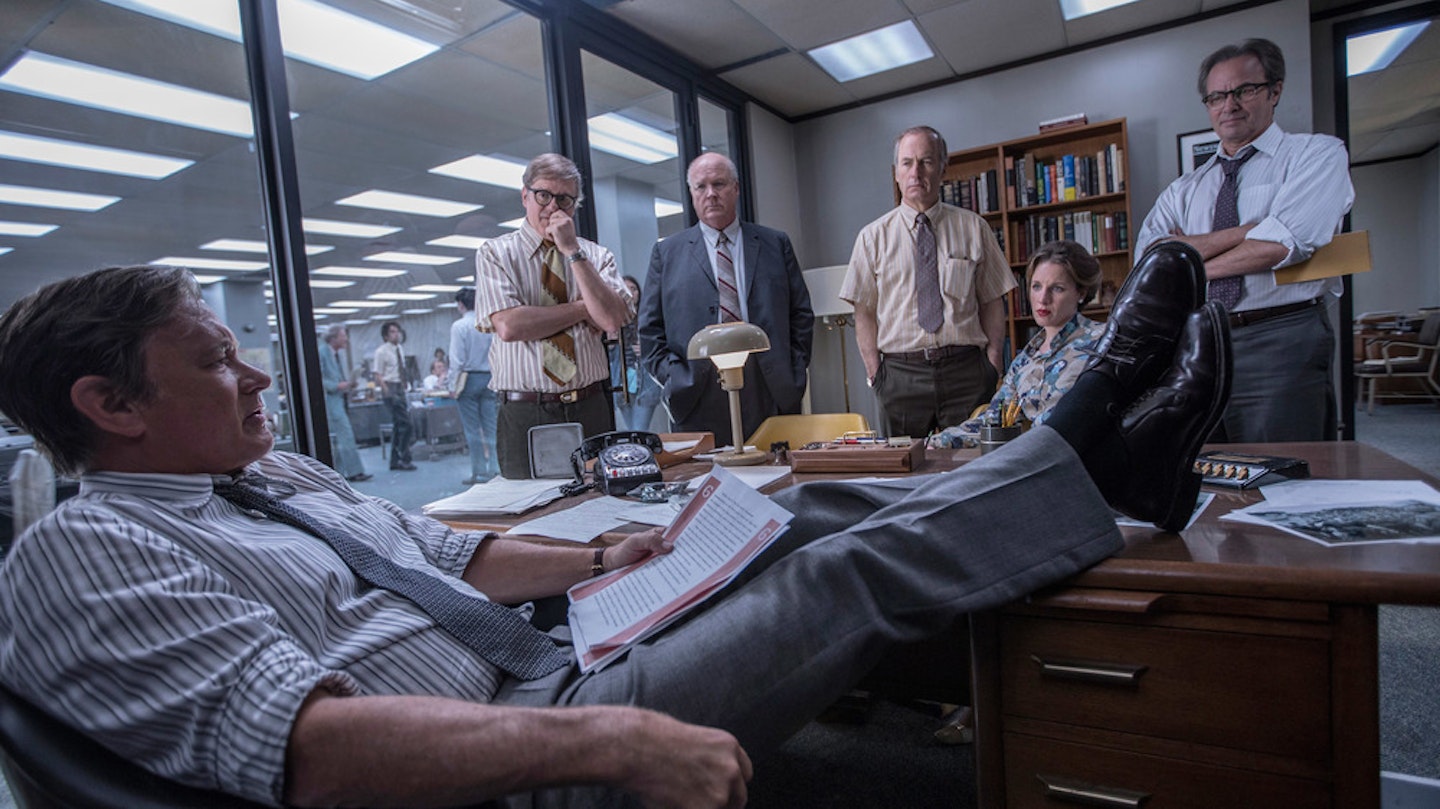
The back and forth between these two acting heavyweights, and the subtleties of their differing stances as they wrestle with the magnitude of their decision, is where the film comes alive. It’s Streep who gets more with which to work. Graham was the United States’ first female newspaper publisher, a job she hadn’t asked for, but one she was landed with after her husband’s death left her in charge of the family business. And she’s often lost in a male-dominated world that gives her little respect: spoken over in meetings, bullied by those around her, but trying to do the right thing — by the paper, the American public, and by her friends. One of whom happens to be one of the men in the firing line — Robert McNamara (Bruce Greenwood). It’s just she’s not clear exactly what the right thing to do is. What good is publishing if the paper loses funding and goes under? Will the story put American troops in danger? But what about holding the government accountable for its deceit?
We have been here before, of course. In many ways — not least actually in the Post’s newsroom for All The President’s Men (Bradlee then played by Jason Robards). And so much of it plays out as you’d expect — with news conferences, phone calls to sources and sudden breaks in the story that come at just the right moment to propel the plot forward. It’s in comparison with similar films that The Post suffers. It has a decent story, Hanks and Streep are two compelling leads, and Spielberg is laughably over-qualified to direct it, but it’s neither as thrilling as All The President’s Men, nor does it have the emotional heft of Spotlight. But there’s no shame coming second best to those two titans of the genre. On its own considerable merits, The Post is first class.
